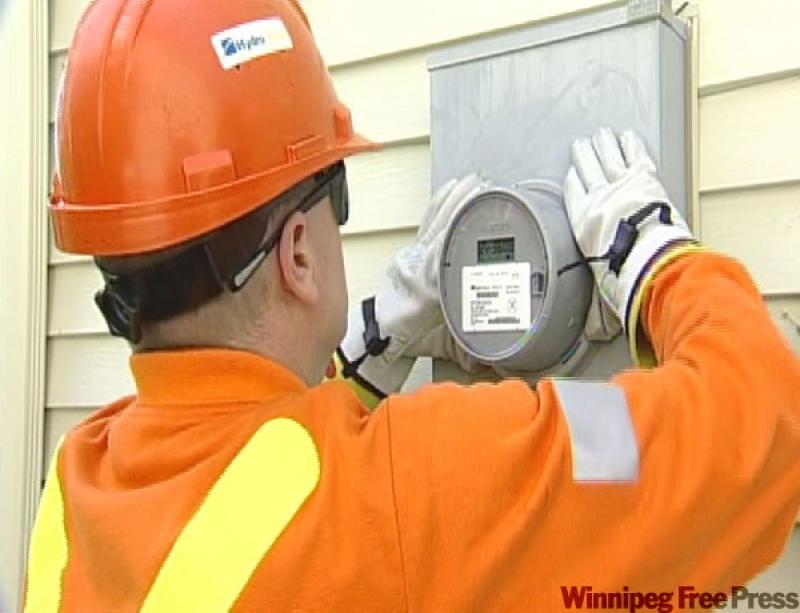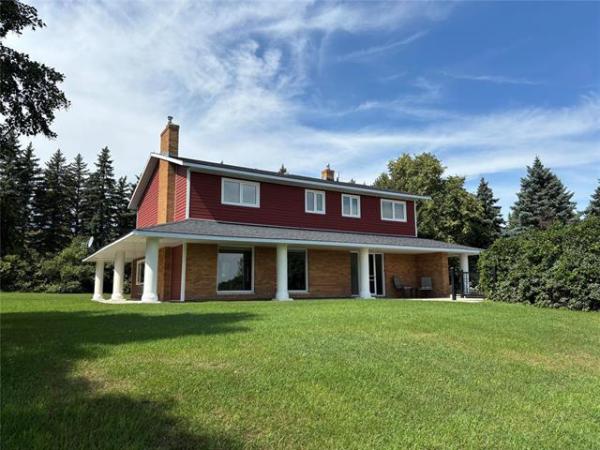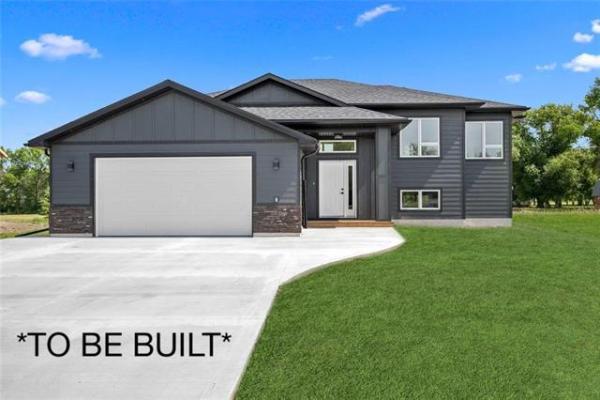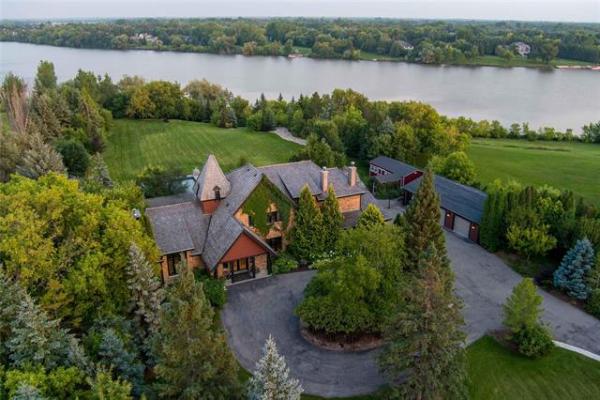Is your house smarter than you? In some ways, it probably already is, and building technology is developing all the time to improve on that intelligence. Your house is a system, and all the parts work together. In fact, many or most of its parts already work without your even knowing how they do it.
Like your HVAC system: There's a thermostat that reads the temperature in the room and sends a message to the furnace or the AC unit to heat or cool the house, depending on your requirements. Programmable thermostats can be set to come on so your home is warm when you arrive home from work.
You put lights on timers when you go on vacation; you might have a coffee maker that has a fresh pot ready when your alarm goes off in morning.
You might even have in-floor electrical heat on a timer so your bathroom floor is always warm when you step on the tile on a cold winter morning, or a bathroom exhaust fan on a timer to make sure your bathroom is properly ventilated. You can control in-home entertainment, play music, close blinds and dim lights with a single handheld device.
What if your house were so smart that you could set all that up -- and more -- remotely, through an Internet connection or with your cellphone?
A smart house allows you to control your home's heating, ventilation and air conditioning remotely. It allows you to turn lights on and off, or dim them, and manage your energy use, saving money and reducing energy consumption.
What if your house had a smart meter that showed you the actual time-of-day price of the electricity you were currently using, so you could make an informed choice about your energy use?
Energy costs more during peak times, but consumers aren't aware of how much they use during the expensive times since their usage is typically calculated on a monthly basis. A smart meter shows actual current usage -- real-time information -- about the price of electricity so you can talk to and program your house based on what you know.
A smart meter will tell you how much energy you are using, in what rooms and on what appliances you are using it, how much it's costing you, and how much you could save if you made different choices.
It's long overdue that we have a meter that helps consumers manage their energy consumption. But for a house to be really smart, I think we need to do more. We need to make more intelligent choices about where we are getting that energy in the first place. A smart meter is (so far) all about tracking energy consumption off the grid.
We need to get off our reliance on big utility suppliers and produce energy on a smaller, micro-level. That way, we can feed energy back into the grid -- either into individual homes or in smart communities. In the communities I'm developing, all the houses and businesses will use an Internet protocol (IP) network to program the home.
The technology is available -- it has become more and more affordable, with a shorter payback time. There is geothermal, wind and solar power with battery backup. There are even electric cars. Get off the grid as much as possible -- that's an intelligent choice.
And what if we step it up even more than that? What if you have already made the choice to incorporate solar or wind technology to help offset what you use from the grid? What if your house were smart enough to know when electricity was costing you more, and could choose instead to use backup power stored in batteries? What if it could take advantage of the higher peak prices of power to sell it back to the grid -- in effect making you money?
Now that's a smart house.
-- Canwest News Service
Catch Mike in his brand new series, Holmes Inspection airing Thursdays at 8 p.m. ET/PT on HGTV. For more information visit www.hgtv.ca




